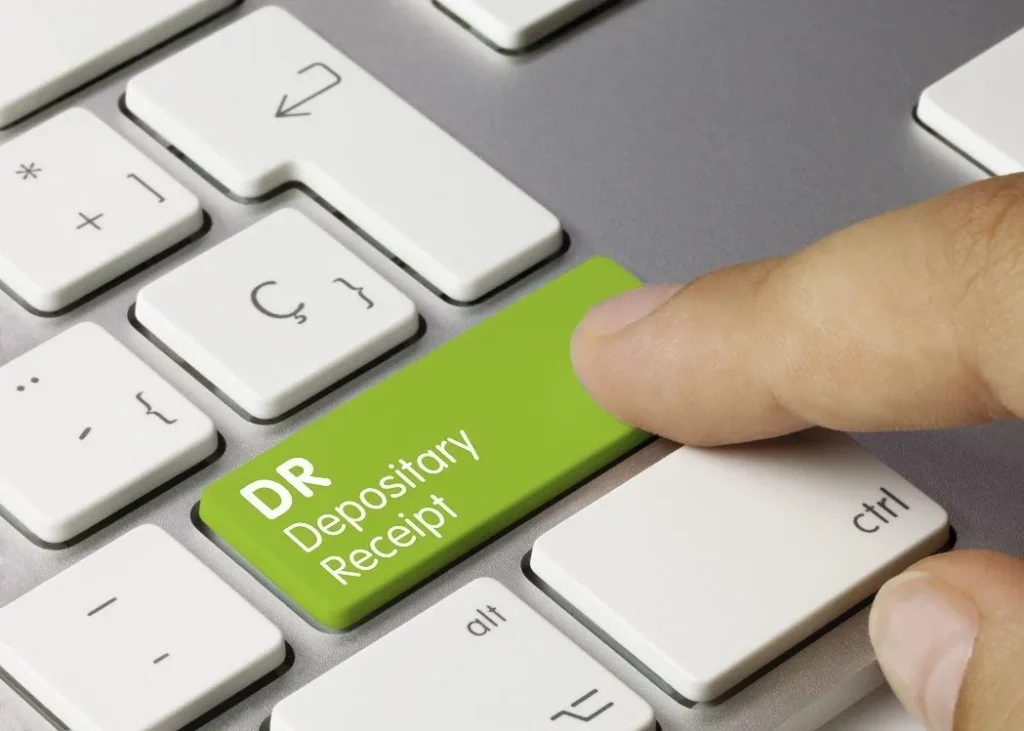The US Department of Justice is investigating whether Google has violated antitrust laws due to its AI technology cooperation agreement with chatbot company Character.AI. Currently, the US Department of Justice is intensifying its antitrust scrutiny of Google. The US government is urging judges to prohibit Google from paying for default settings in search engines, including artificial intelligence products, and is demanding that law enforcement agencies have the right to review any AI-related acquisitions by Google, even if the transactions do not meet the threshold for formal review.
Google, a subsidiary of Alphabet, is facing an antitrust investigation by the US Department of Justice regarding its AI technology. On Thursday, according to media reports, the US Department of Justice is investigating whether Google has violated antitrust laws due to its AI technology cooperation agreement with chatbot company Character.AI. Antitrust enforcers have recently informed Google that they are reviewing whether its agreement with Character. AI was intentionally designed to bypass the government’s formal merger review process. In a deal reached with Google last year, the founder of Character.AI joined Google, and Google obtained a non-exclusive license to use the company’s technology. Transactions like Google’s are seen in Silicon Valley as an efficient way for companies to bring in the technical talent needed for new projects. However, this practice has also raised regulatory concerns that large, established technology companies may use such methods to suppress the competitiveness of emerging innovators. Even if the related transactions do not require formal review, the US Department of Justice can still assess whether they have anti-competitive characteristics. Google has not yet been accused of improper conduct in this antitrust investigation, which is still in its early stages and may not necessarily lead to enforcement action. Google spokesperson Peter Schottenfels said in an email statement: ‘We are always happy to answer any questions from regulatory agencies. We are pleased that the talent from Character.AI has joined Google, but we do not hold shares in the company, and they remain an independent entity.’ A spokesperson for the US Department of Justice declined to comment. Representatives from Character.AI also did not respond to media requests for comment. Character.AI is known for its chatbots that can simulate any person or thing. Its founder had previously worked at Google and left a few years ago to start the company. After the deal with Google last year, they returned to Google with some members of the research team. According to previous media reports, based on the deal with Google, Character.Existing investors of AI will be bought back shares at a valuation equivalent to $2.5 billion for the company. As part of the agreement, the startup has signed a non-exclusive licensing agreement with Google for large language model technology. Character.AI continues to operate as an independent company.
Google has been under significant antitrust regulatory pressure since the Biden administration, with U.S. law enforcement agencies beginning to scrutinize competition issues within the rapidly developing AI ecosystem, including the supply of specialized chips and computing resources. A key focus of the U.S. government is whether large tech companies gain unfair advantages in the technological development process through partnerships with AI startups. Following a federal court ruling that Google has engaged in illegal monopolistic practices in the online search and advertising technology markets, the U.S. Department of Justice’s civil investigation is intensifying its antitrust scrutiny of Google. In the online search case, the Department of Justice has proposed forcing Google to divest its Chrome browser to restore competition in the search market. As part of this case, the U.S. government is also urging judges to prohibit Google from paying for default settings in search engines, including AI products, and to require law enforcement agencies to have the right to review any AI-related acquisitions by Google, even if these transactions do not meet the formal review threshold. A decision on the case is expected to be made this summer. Google’s stock price has fallen nearly 10% this year, significantly underperforming the broader U.S. stock market. On Thursday, Google’s stock price rose nearly 5% during the session, but then the gains narrowed significantly, closing up nearly 1.4%, still outperforming the broader U.S. stock market for the day. This week, Google held its 2025 Developer Conference. J.P. Morgan praised Google, stating that its AI technology is leading and far exceeds the pace of previous innovations, with ‘AI reshaping search’ already taking shape and monetization also being considered. J.P. Morgan noted that Google is releasing products at an unprecedented speed, and its full-stack AI strategy gives its foundational models an advantage in terms of efficiency and cost. Google’s AI Mode for search engines is ‘the biggest revolution since the invention of search engines,’ and in addition, Google is planning to commercialize AI technology through models such as Gemini and Gemma. Risk warning and disclaimer: The market is risky, and investment should be made cautiously. This article does not constitute personal investment advice and does not take into account the specific investment objectives, financial conditions, or needs of individual users. Users should consider whether any opinions, views, or conclusions in this article are suitable for their particular situation. Responsibility for investment based on this information is at one’s own risk.


